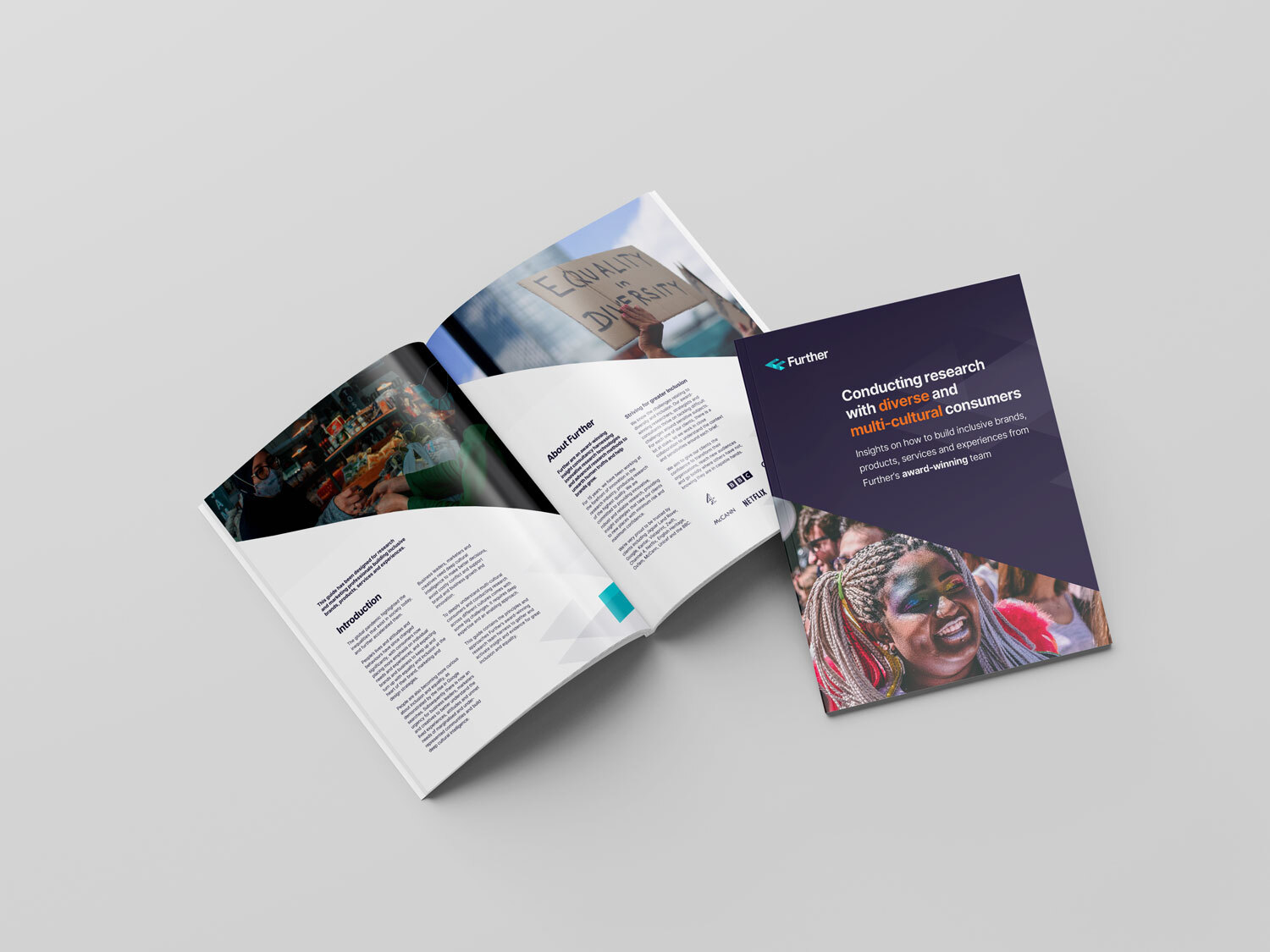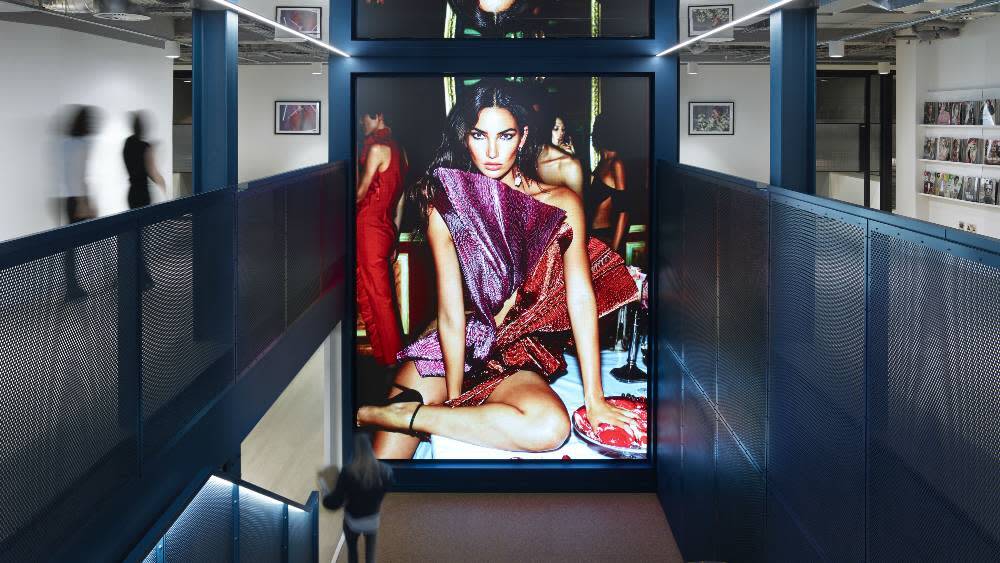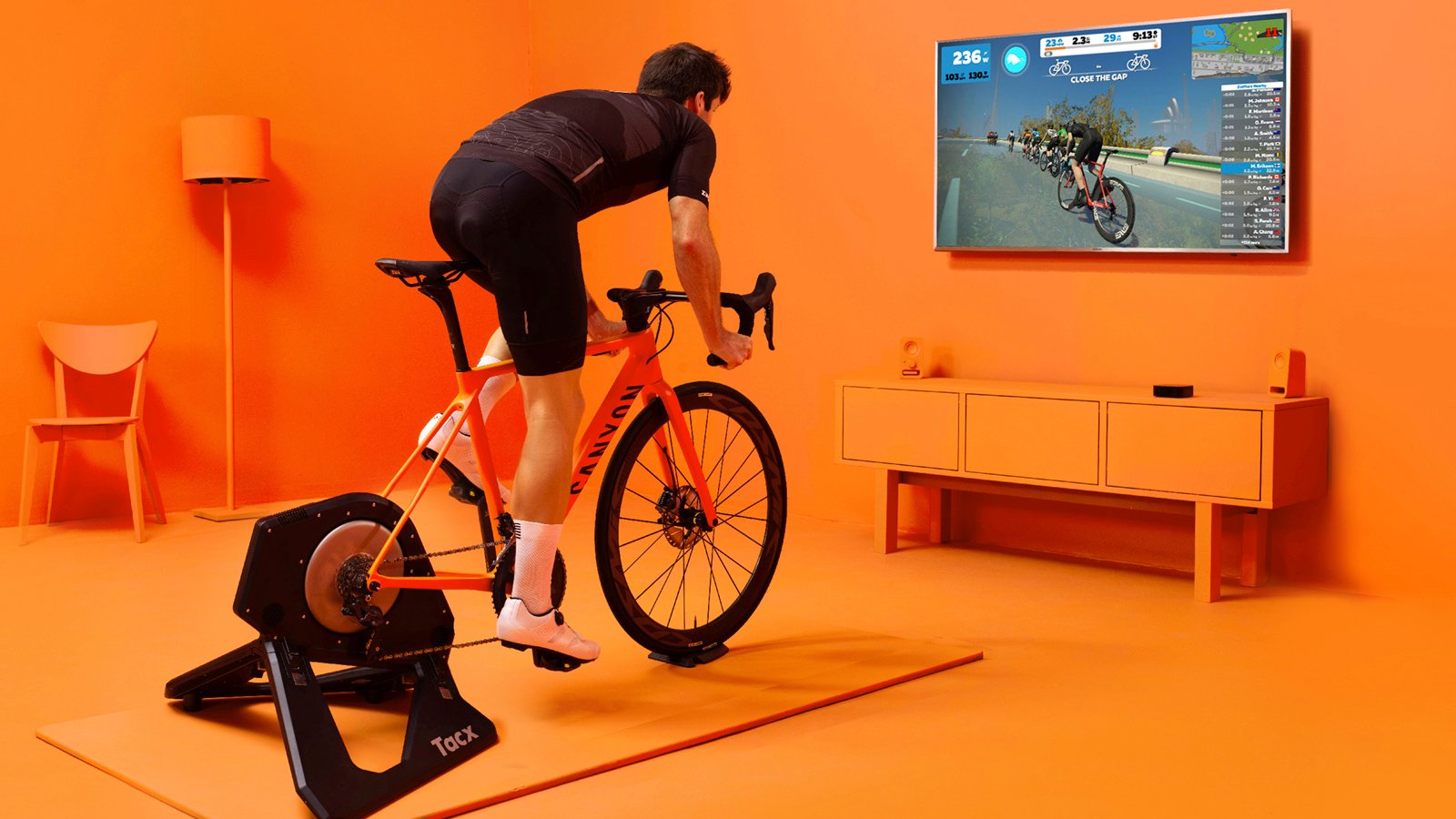We recently caught up with Robert Hocking. Robert currently holds a number of high-profile positions. His career began in advertising and took him into leadership roles in PR, digital, and environmental and shopper design. He’s been a VP of Strategy for Ogilvy & Mather, a Senior VP and Managing Director for Young & Rubicam and Chief Development Officer for Fitch Worldwide, one of the world's foremost retail and brand consultancies. He’s worked on behalf of organisations such as P&G, Unilever, Camel Tobacco, Diageo, Bacardi, Motorola, Nokia, Philips, Dell, and IBM in North America, Western and Eastern Europe, Africa, India, the Middle East, Latin America and China. He’s also an occasional lecturer at the Said Business School, University of Oxford, the University of Edinburgh, Leeds University, University College London and the London School of Economics.
.webp?width=300&name=Robert%20Hocking%20(1).webp)
How do you introduce yourself to new people that you meet?
Ah, that's interesting. As I've traditionally been involved in analysis and strategy for executional purposes, the intro was pretty straightforward: I'm a brand, retail and marketing strategist with a specialisation in consumer behaviour. But I realised that focusing on executing watered-down marketing ideas was doing little for my clients, most of whom were in desperate need of innovation and creativity in the way they expressed their value. I've chosen instead to dedicate my focus in working with them on ways to break down the barriers to their own creativity so they're better able to create the kinds of products, services and brand experiences that will help them more effectively compete in the crazy marketplace we operate in. So now I introduce myself as someone who specialises in helping companies cultivate creative genius within their own organisations so they're better able to create the kinds of products and services that will inspire their most important stakeholders: staff, customers and investors.
What's the story of your career so far?
I was born and raised in Canada, began my career in small agencies and eventually launched my own in 1995. That business grew into a group of 4 integrated agencies - advertising, digital, PR and environmental design - and I eventually sold my stake and was recruited into WPP where I worked across a number of their leading agencies. I'll pause here to say that the most formative years of my career were in Canada working in small companies: you've got to work harder to earn the work, you learn faster and you take nothing for granted in terms of the hard skills of being effective in business; skills that weren't there in the same abundance when I joined larger companies. I actively managed my career so I could work across client sectors - government, tech, professional services, automotive, FMCG and retail - and across geographies as I knew early on that brands are formed through a collection of experiences and if I wanted to be effective I needed to work to understand as many of them as I could.
You're a big fan of insight, why, and what does it actually mean to you?
One of the greatest joys of my career comes through the persity of consumers and categories I've been able to immerse myself in, and that immersion is all at the service of gaining insight. Without it, you're just guessing, and my clients don't pay me to guess. So I've had a natural curiosity that was fulfilled through research and analysis and it has enabled me to build a pretty decent 'toolkit' of knowledge and experience through which to help clients. There is a fine line though: creativity and innovation should be informed by insight, but creating breakout ideas isn't a mathematical equation so it's important to know when you know enough and then need to take an inspired leap!
What's your current challenge or goal you're working on right now?
The Instinct is a HUGE passion project for me as it allows me to explore the intuitive, instinctive behaviour of inpiduals and organisations that think differently and change the world doing it. And I love that range. So I'm exploring the implications of persity and inclusiveness and its effect on engaging employees in the innovation process; tools for measuring innovation readiness within leading organisations; I'll shortly be working with more than 100 leading retailers in the US on a shared vision for the future of retail; I'm developing a university lecture and workshop for business schools to help train future leaders on how to re-engage their creative selves; and I'm working on a pitch for a 3-part documentary series that follows a small group of people who are starting something new through an exploration of the inspiration, insight, and courage it takes to make your dreams come true.
What's the biggest challenge for brands and retailers right now?
The single biggest challenge organisations of any size face is thinking differently about how they deliver value. Whether it's in how they attract and motivate talent, innovate in their service delivery or create real differentiation through the products they sell, most are simply following a leader. And that road eventually leads to nowhere. There's a straight line between the industrial revolution and an office environment of cubicles - veal fattening pens I once heard someone call them. So the models that worked so effectively 30 years ago have produced stagnation and decline in the modern era. Things need to change.
What single piece of advice would you give to anyone starting up or launching a new brand right now?
A senior designer from an innovation group at Philips in the Netherlands once said to me, 'we create answers and then look for a question.' I would say this is the single biggest mistake I see companies or business people make: they make stuff because they can, not because they've clearly identified a market need. My first advice to my students or clients is this: start with the belief that all the of the consumer's money has been spent and all their attention is gone - it makes you work harder to understand your place in their life. Here's an example of why this is important: in a 52-week study of what households buy in a grocery store, the research uncovered that they purchased just 0.7% of what was available in a grocery store, about 400 items. Yet in the same period as the study 190,000 new products were registered! This is why 75% of major FMCG launches fail - they create because they can, not because they should. Now, having said that, I'm super bullish on the opportunity for small business and this because large companies do a pretty poor job at staying connected - and therefore relevant - to the consumers they're supposed to serve. Be more attuned to your market and you'll outmaneuvre 90% of your competition.
Can you give some of examples of great products and services that are inspiring people and creating value in new ways?
There are a few different applications of creativity and innovation: that applied by a company already considered to be innovative, take for instance Selfridges or Nespresso, and this to maintain market leadership. Another form is found in the core business and is used to open new markets, a great example being Netflix (just surpassed 150M subscribers, 250M hours of Netflix watched daily) or Harry's (subscription and now retail shavers and accoutrements, just acquired for $1.5B). Then there's that being tried by companies trying to keep up, take for instance Gillette in response to Harry's and Dollar Shave Club (rather than leap frog, they copy. So while it's innovative for the Gillette organisation it's not, in my opinion, particularly innovative).
The fact of the matter is that a view of innovation is difficult to encapsulate in a single view. Every day there are more products and services being released to deal with personal banking, transportation, education, medicine, etc. - mostly from start-ups. These models are being influenced by/and is influencing consumer behaviour. Which is what's really scary, if you're a major, once-dominant company: sometimes the consumer's willingness to adopt new behaviours can happen so fast you can begin to look antiquated before you even know it. There's a growing segment of the Millennial market, for instance, who rents most of the large ticket items previous generations would save money for and buy. They don't buy cars, they rent them by the hour. They don't buy furniture they rent it and replace it when they're bored with it; same with fashion. These people have no interest in visiting a car showroom. They have no interest in visiting a bank. Their lives are being stripped back, their decisions are more immediate, and the interface they use to fulfil their needs is through a technology platform. The lesson here if you're in business is this: comfort, the state we strive for, is not your friend - remain in flux and always watch the horizon or you're putting your business at risk.
If you'd like to message Robert, you can find him on LinkedIn. If you'd like to understand more about how we can help you innovate and grow using insight...
ARTICLE CONTENTS
How do you introduce yourself to new people that you meet?
What's the story of your career so far?
You're a big fan of insight, why, and what does it actually mean to you?
What's your current challenge or goal you're working on right now?
What's the biggest challenge for brands and retailers right now?
What single piece of advice would you give to anyone starting up or launching a new brand right now?





















%20(1).webp)

.webp)

%20(1).webp)

.webp)

.webp)
.webp)
.webp)
.webp)

.webp)
.webp)
.webp)
.webp)